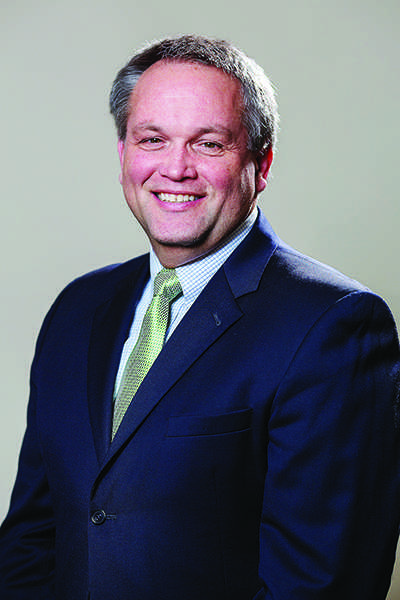NMU was placed on a list of 10 Worst Colleges for Free Speech in 2017 by the Foundation of Individual Rights and Equality (F.I.R.E).
The list included both public and private institutions and was published on Feb. 22. It gained national attention after being published by the Huffington Post who included detailed descriptions of each university. Topping the list was NMU for previously having a policy that threatened students with disciplinary action for discussing their own mental health.
Derek Hall, assistant vice president of marketing and communications at NMU, said F.I.R.E continues to bring up this narrative regarding the practice of disciplining students for discussing self-harm even though the university doesn’t follow the practice anymore.
“Every few months they seem to do something else that puts the story back in the forefront,” he said.
Hall said there is an ongoing investigation between NMU and the Department of Justice (DOJ) but the university is cooperating and awaiting further guidance on section 3.12 of the student handbook. After a similar investigation was closed by the Department of Education in 2013, it was reopened by DOJ in January.
In a recent statement to media outlets, Hall wrote, “I can agree with the article, NMU did issue such letters and NMU now does not continue the practice in any form.”
The statement also said, “NMU continues to cooperate with the federal agencies concerning a complaint that was originally filed with the Office of Civil Rights during fall semester of 2013. Since 2011, NMU has sought further guidance and direction from the Office of Civil Rights concerning university policies related to students with thoughts of self-harm.
Our desired outcome of the DOJ investigation is to receive clear instructions concerning our policies and practices as we strive to better serve all of our students.”
A committee within the F.I.R.E organization was responsible for assessing universities and compiling the list.
Marieke Tuthill Beck-Coon, director of litigation for F.I.R.E, said members within the organization who were most familiar with cases brought up in the article and those involved with individual case work came together to produce the list.
She said there is generally no set criteria that calls for a university to be placed on the list but F.I.R.E used the “worst examples” of censorship from the previous year.
“So we look at our year in review and make a decision by a committee of what we think are in the most egregious examples,” Beck-Coon said.
“When we were putting together this list of the worst examples of campus censorship in a year, we just couldn’t leave off the example of the crudest form of censorship that we saw,” she later added.
According to a press release from F.I.R.E, more than 92 percent of American colleges maintain speech codes that either clearly restrict—or could too easily be used to restrict—free speech.
























